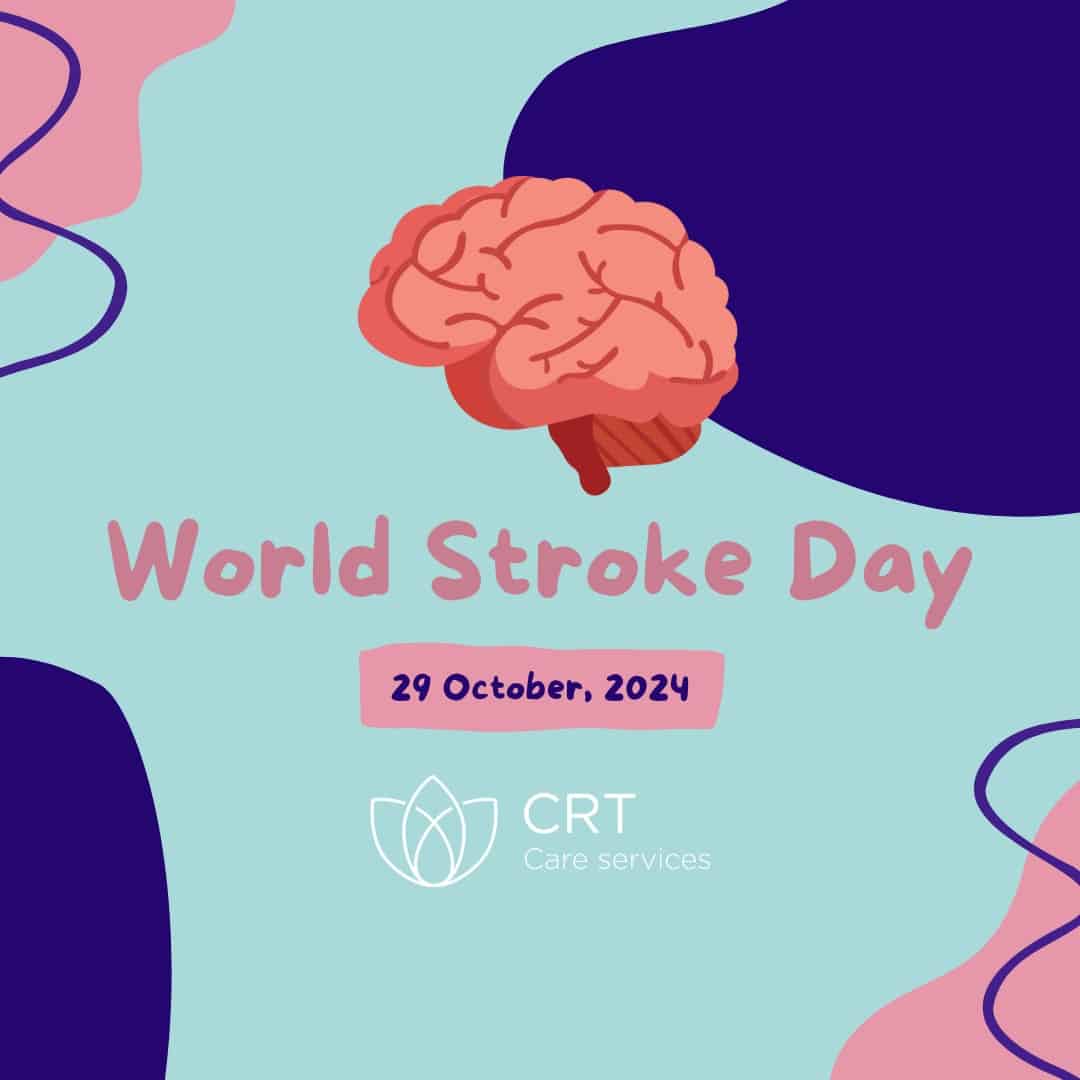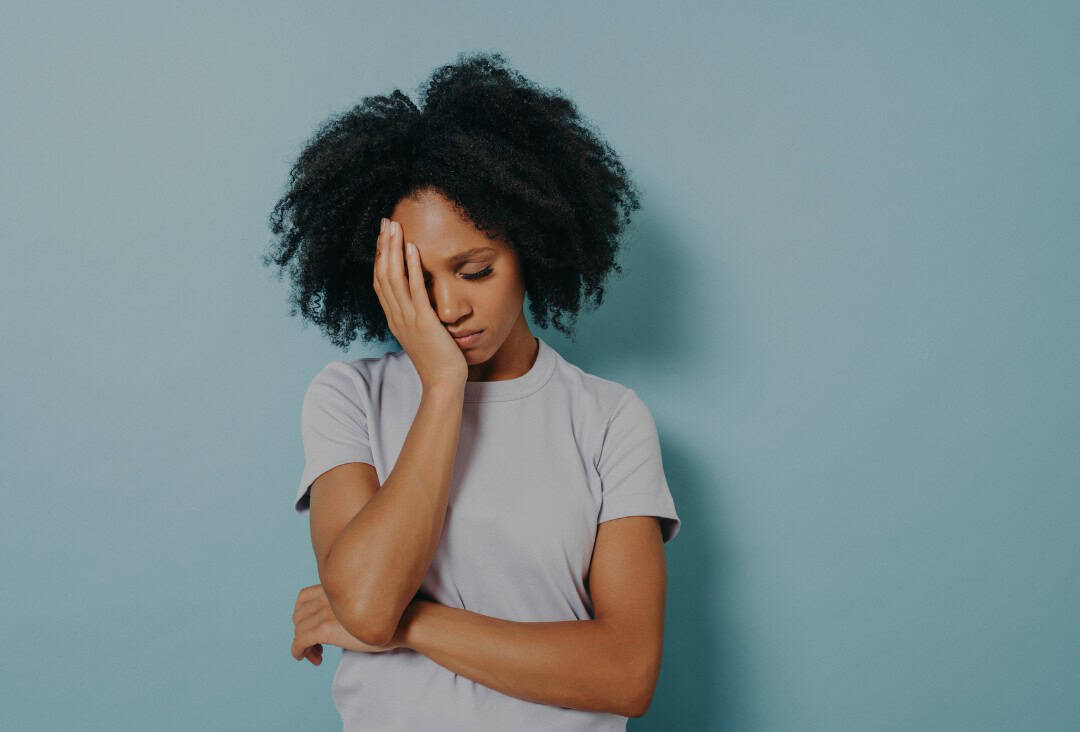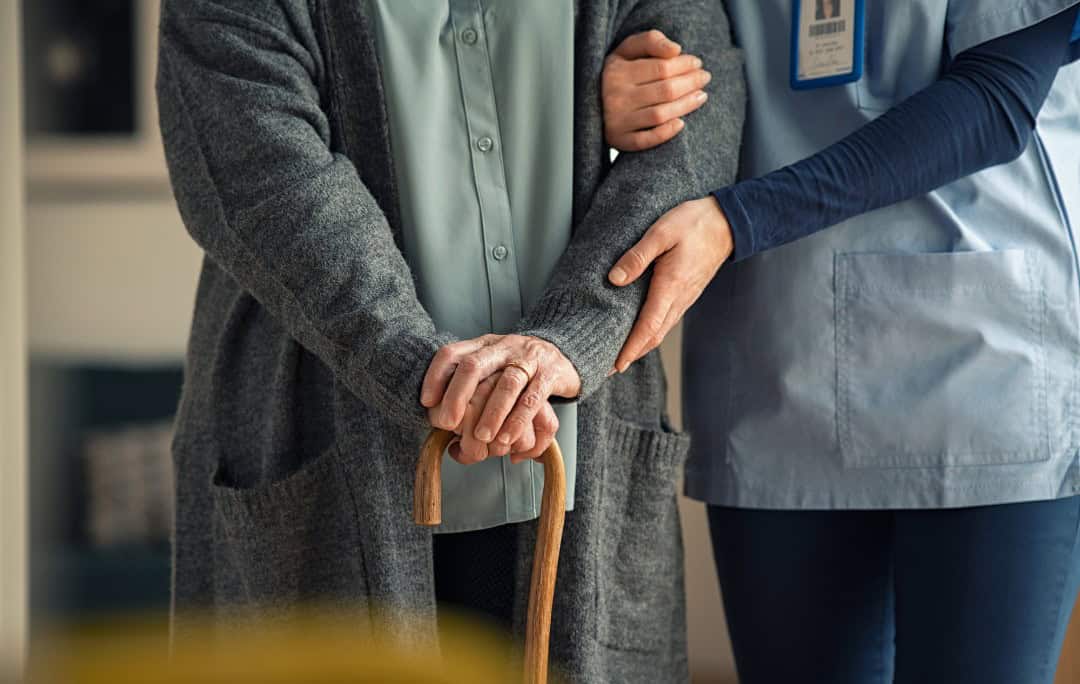1 in 4 of us will experience a stroke in our lifetime. Strokes are also a leading cause of death and long-term disability in adults.
The 29th of October marks World Stroke Day. This annual event was created to help raise awareness about strokes all around the world. For this we wanted to educate you more about strokes, how they can be prevented and the signs to look out for.
Preventing a stroke
Almost all strokes are preventable, and you can lower your risk by making changes to your health, including the following:
- Quit smoking
- Eat a healthy, balanced diet
- Try to exercise and remain active
- Try to remain at a healthy weight
- Try to keep your blood pressure, cholesterol levels and blood sugar (glucose) in the normal range
These steps can also help lower your risk of diabetes and heart disease, as well as lowering your risk of a stroke.
Causes
A stroke is caused by the blood flow to the brain being stopped or disrupted, which can then result in brain cell death.
There are two types of strokes:
Ischemic stroke is the most common type of stroke, accounting from approximately 85% of cases. This form of stroke is caused by a blood clot or narrowed blood vessel. This prevents blood from reaching the brain, depriving it of essential oxygen and nutrients.
Hemorrhagic stroke is caused by a weakened blood vessel in the brain when it bursts, causing blood to leak around the brain and surrounding tissues. This leads to pressure in the skull causing damage to the brain tissue.
How to spot a stroke
The signs that a stroke is happening can range in length. Although they usually happen straight away, they can also happen over hours or even days. Signs that someone is having a stroke includes:
- Sudden dizziness, loss of balance and/or difficulty waling
- Sudden confusion, trouble speaking or understanding what people are saying
- Sudden difficulty seeing in one or both eyes
- Sudden numbness or weakness of the face, arm or leg (usually on one side of the body)
- Sudden severe headache with no known cause
It is important that if you believe you or someone you know is having a stroke, to call 999 immediately.
To remember what to do if you think someone is experiencing a stroke, follow the acronym, FAST:
- F is face drooping
- A is for arm weakness
- S is for speech trouble
- T is for time to call an ambulance
The sooner you call emergency services and receive assistance, the better your chance of survival and recovery.
Treatments
The treatment that you will receive after varies depending on the type of stroke you experienced. Within the first 24 hours after your stroke your treatment could include any of the following:
- Given medicine to get rid of any blood clots in the brain
- Surgery to remove a blood clot or to drain fluid from the brain
- A procedure to stop pressure building up inside the skull or brain
There are a variety of medications that you could be given (possibly long-term) to help prevent future blood clots from forming, to lower your blood pressure and lower your cholesterol.
Long-term effects
Strokes can affect people differently, this can depend on what type they had, how quickly they received treatment and other factors. Some people might be fully recovered after a few days or weeks with little impact on their life afterwards, however some people experience more life changing effects, and their recovery could take months or even years.
There are several long-term effects that you can experience, these can include:
- Memory problems
- Difficulty thinking or speaking
- Vision problems
- Difficulty walking and keeping your balance
- Paralysis or muscle weakness
- Trouble controlling or expressing your emotions
- Difficulty chewing or swallowing
- Trouble controlling when you go to the bathroom
Support
Having a stroke or supporting someone who has can affect your mental health and it is important to talk about how you’re feeling.
Speak to your GP as the NHS offer tree talking therapies in person, over a video call or over the phone if you are suffering.
The Stroke Association also offer a ‘Here For You’ Telephone service which connects you to trained volunteers who understand and can help talk through and cope with the impact of your or your loved one’s stroke.
Stroke Associations Helpline: 0303 3033 100
For more information please visit: https://www.stroke.org.uk/stroke








